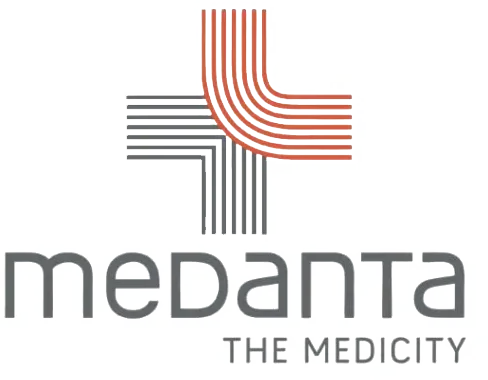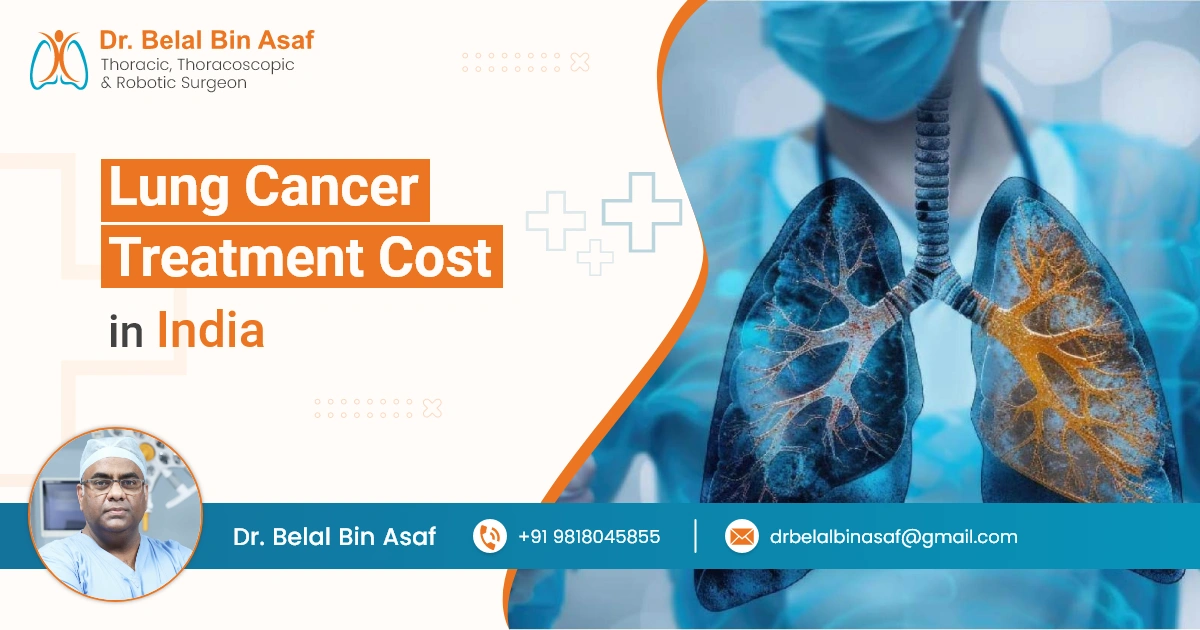Lung cancer is one of the most prevalent and challenging diseases worldwide. In India, the availability of advanced treatments, skilled medical professionals, and state-of-the-art facilities has made the country a sought-after destination for lung cancer care. Understanding the costs associated with treatment is crucial for planning, especially for patients traveling from abroad or those seeking affordable yet high-quality medical care.
In this blog, we will explore the costs, factors influencing them, and why India is a preferred choice for lung cancer treatment.
Contents
- 1 Overview of Lung Cancer and Its Treatments
- 2 Treatment Options for Lung Cancer
- 3 Lung Cancer Treatment Costs in India
- 4 Lung cancer treatment Cost in India (Top Cities)
- 5 Factors Influencing Treatment Costs
- 6 Why Choose India for Lung Cancer Treatment?
- 7 Tips for Managing Lung Cancer Treatment Costs
- 8 The Role of Early Diagnosis
- 9 Conclusion
- 10 FAQs
- 10.1 Q1. What are the main types of lung cancer?
- 10.2 Q2. What are the early symptoms of lung cancer?
- 10.3 Q3. How is lung cancer diagnosed?
- 10.4 Q4. What are the treatment options for lung cancer in India?
- 10.5 Q5. What is the cost of lung cancer treatment in India?
- 10.6 Q6. Which Indian cities offer the best lung cancer treatment?
- 10.7 Q7. Is lung cancer treatment in India suitable for international patients?
- 10.8 Q8. Can I use health insurance to cover lung cancer treatment in India?
- 10.9 Q9. What are the chances of survival after lung cancer treatment?
- 10.10 Q10. What financial assistance options are available for lung cancer patients in India?
Overview of Lung Cancer and Its Treatments
Lung cancer is a type of cancer that originates in the lungs and is classified into two main types:
- Non-Small Cell Lung Cancer (NSCLC): The most common type, accounting for about 85% of cases.
- Small Cell Lung Cancer (SCLC): A less common but more aggressive form.
Treatment Options for Lung Cancer
The treatment approach depends on the type and stage of cancer. Here are the primary treatments available:














 +91-9818045855
+91-9818045855
